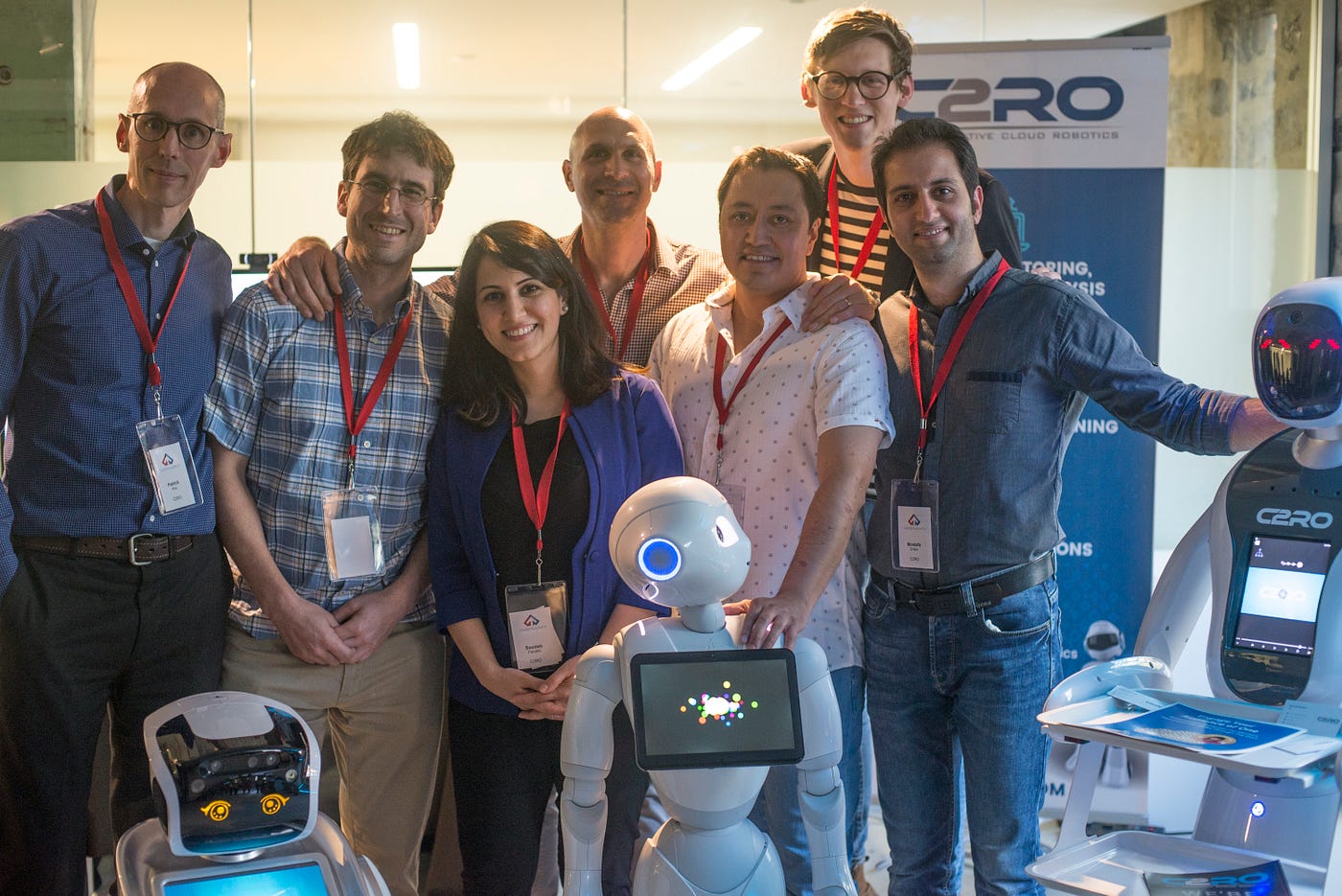OPTIUS is building the next-generation photonic AI accelerator chips

September 25, 2020
TandemLaunch Inc, the Montreal-based deep-tech venture studio, announced the funding of OPTIUS to build the next-generation photonic AI accelerator chips.
“As one of the most active AI venture builders, TandemLaunch is always looking for technologies that can offer computing breakthroughs for AI applications. OPTIUS unique framework offers this breakthrough in a practical format for many applications. We are excited to support OPTIUS as they bring their technology to market.” Said Dr. Helge Seetzen, CEO of TandemLaunch.
OPTIUS tackles the critical problem of increased energy consumption of AI computation chips. As the growth of AI continues and becomes an essential part of life, AI algorithms have been rapidly growing in complexity and computational requirements. With data centers being the main venue where these computations are performed, the data center energy consumption has been skyrocketing, estimated to account for 1% of the world’s electricity consumption. The issue lies in the fact that traditional electronic chips cannot reduce the energy consumption per operation beyond a certain limit. In-memory photonic computing offers a new paradigm where the energy per operation can be strongly reduced, thus allowing cost-effective training and execution of complex AI networks and enabling new AI applications.
OPTIUS is using innovative technology that was developed in the OPEN lab of the George Washington University led by Prof. Volker Sorger. The technology was recently featured in multiple news outlets showing the great potential of the technology.
“Key to low-energy optical information processing is a photonic nonvolatile memory; the photonic RAM that OPTIUS develops allows for near zero-power consumption for a set matrix kernel. Furthermore, the photonic tensor core developed here is based on a robust design enabling modular system scale-up. Both approaches are unique in the AI photonics community and set a new standard for optical machine learning hardware.” Said Prof. Volker Sorger, the inventor of the technology.
“Conventionally used for communications, optical signals can also be used for computation with promising energy efficiency. The recent advancements in photonic integrated circuits (e.g. Silicon Photonics) render possible photonic computing and OPTIUS is geared to change the AI landscape with their practical approach.” Said Prof. Odile Liboiron-Ladouceur, Electrical and Computer Engineering Associate Professor at McGill University.
OPTIUS has been founded by Dr. Emanuel Peinke and Dr. Mohamed Fouda who have extensive experience in photonics and semiconductor fabrication. OPTIUS is already a contributing member of the Silicon Photonics ecosystem in Canada, including the SiEPICfab Consortium to contribute to Silicon Photonics research and development work along-side major Canadian universities and established industry players. In addition, OPTIUS is a member of the Quebec Photonics Cluster Optonique to further strengthen the collaborations with other companies in the Quebec photonics sector.
“At EHVA, we witness first-hand the strong transformation that Silicon Photonics is bringing to society via new technological advancements such as quantum data handling and transport, AI, bio-sensing, and LiDARs. We have great confidence that OPTIUS new electro-optic ASIC will be part of this transformation.” Said Raphael Dubé-Demers, CEO of EHVA, an innovative Quebec company in photonic testing automation and intelligence, for R&D and manufacturing.


